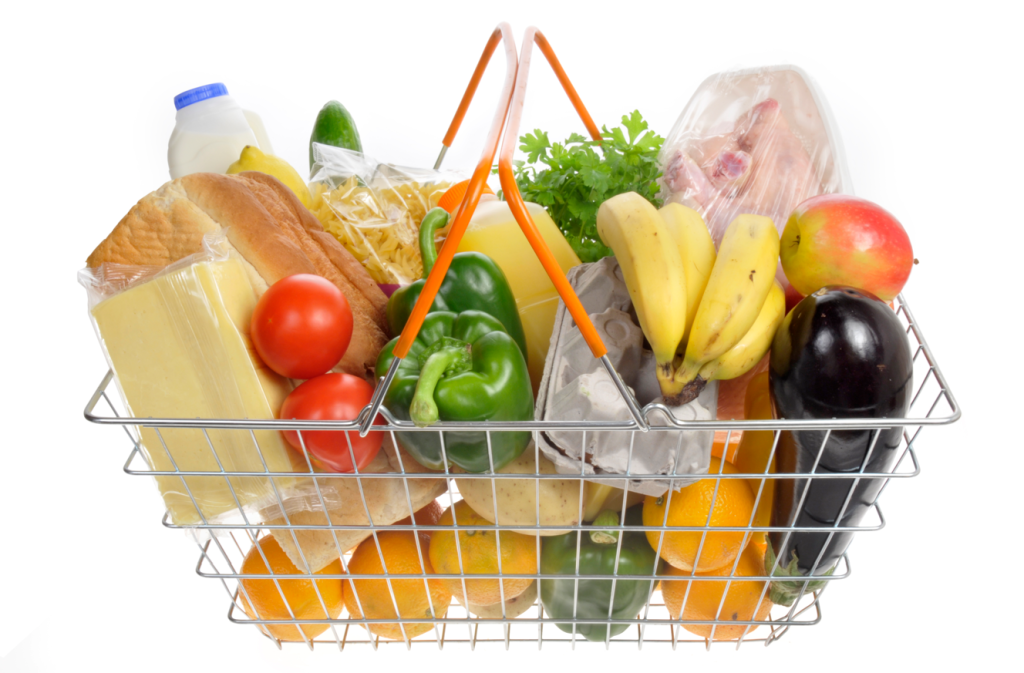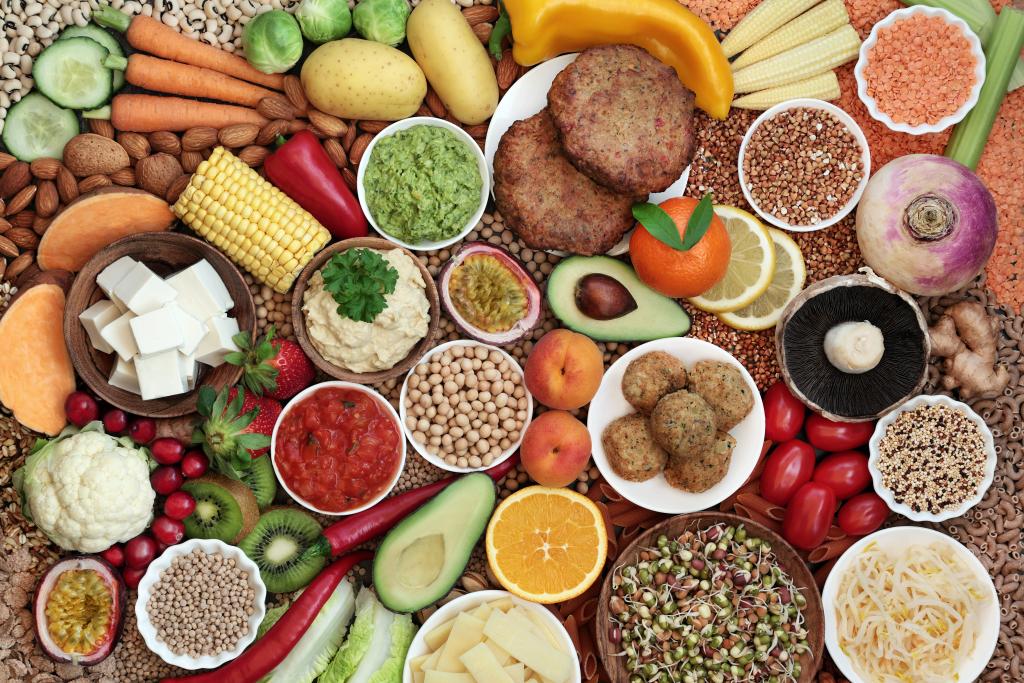Civica report reveals how digital tools ‘revolutionise’ public sector food services

Produced in partnership with Public Sector Catering, the study explores how innovative software solutions are reshaping operations across procurement, cost control, workforce management and customer engagement within the catering sector.
In March 2025, the duo surveyed over 140 catering providers across the education, health and care sectors. Together, these providers serve more than 1.4 million meals daily across 5,100 sites. The resulting report underscores the growing financial pressures facing the sector.
A striking 79% of respondents said they were moderately or significantly affected by recent food inflation and funding cuts. Despite these challenges, caterers remain committed to ingredient quality, viewing compromises in this area as the least acceptable cost-saving measure.
Stewart Mcluskey, executive director of education at Civica, said: “Technology is no longer a ‘nice to have’ - it is mission‑critical. From streamlining procurement to optimising staff schedules and reducing waste, software solutions empower caterers to deliver high‑quality, sustainable meals within ever‑tighter budgets.”
Key findings from the report include:
- Financial pressures are escalating with rising food and labour costs, underfunding and budget constraints, particularly in the public sector. These pressures are threatening service quality and the overall viability of businesses, making adaptation crucial to survival.
- Failure to adapt poses an existential risk for caterers, with some already ceasing operations. Without investment in modern solutions and digital tools, many more businesses are likely to follow suit, highlighting the critical need for technological transformation.
- Digital transformation is essential for improving cost control, automation and operational efficiency. Integrated software systems are playing a vital role in streamlining processes, enhancing productivity and enabling businesses to remain competitive.
- Meeting changing consumer needs requires greater responsiveness, including offering more tailored food options, accommodating allergen considerations and aligning supply with demand. This shift is driving the need for more agile, data-driven approaches to inventory and workforce management.
- Optimising labour costs is a top priority, with businesses focusing on better scheduling, productivity tracking and demand forecasting to manage human resource expenses effectively. This is essential for both controlling costs and maintaining quality service.
- Technology offers a strategic advantage, helping organisations to reduce labour-intensive tasks, improve staff efficiency and optimise operations. While many have made strides in automation and digital adoption, there is still underutilisation of technology across certain operational areas, limiting potential efficiency gains.
As public sector caterers strive to meet ambitious Government targets - such as sourcing at least 50% of ingredients from British farmers with high environmental standards - embracing software‑driven efficiencies will be key to balancing sustainability, quality and cost.
Download the full report here for detailed insights and strategic recommendations for catering leaders.


